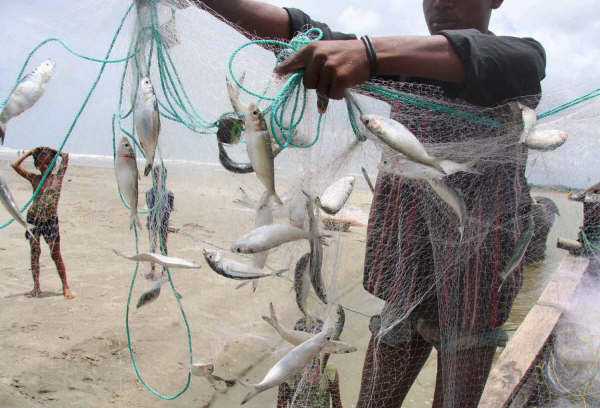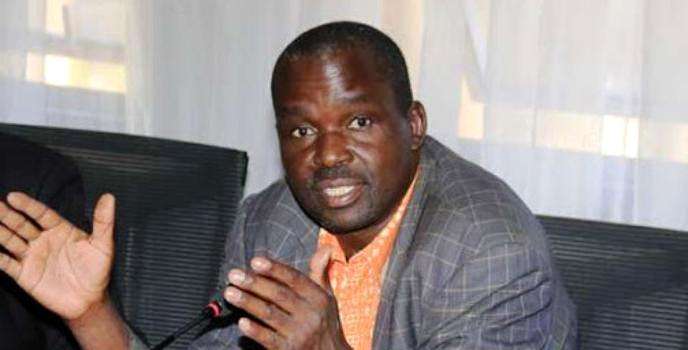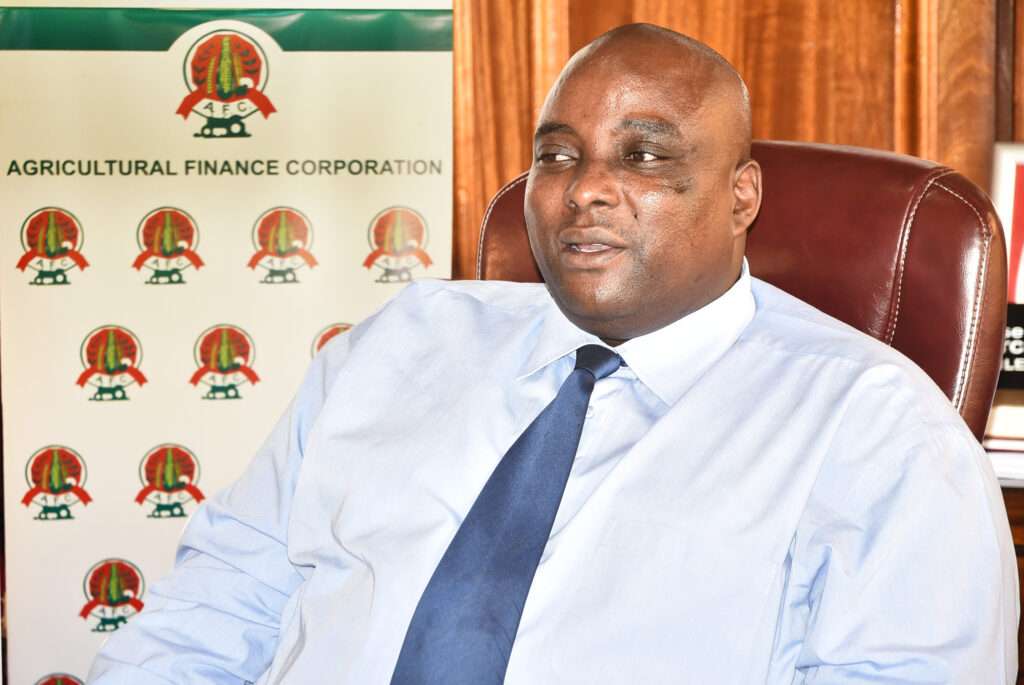By The Weekly Vision Team
Kenyan lawmakers were taken aback recently upon discovering that the Ministry of Mining, Blue Economy, and Maritime Affairs spent Ksh 1.6 billion on a “fish counting” project in the Indian Ocean for the 2023/2024 financial year.
The MPs in the Departmental Committee on Blue Economy, chaired by Marakwet East MP Kagongo Bowen, learned that the ministry had allocated Ksh 3.6 billion for the entire project, which began on July 1, 2023, and is still seeking an additional Ksh 600 million for the 2024/2025 financial year. The project, titled “marine fish stock assessment,” is set to continue until the 2025/2026 financial year and will be executed in three phases, each costing Ksh 1.2 billion.
During a meeting with Cabinet Secretary Hassan Joho and Principal Secretary Betsy Muthoni Njagi, MPs questioned the value for money of this expenditure. They expressed concerns about why the ministry would spend the money on counting fish while generating only Ksh 50 million in revenue.
Bowen and other committee members demanded clarity on the outcomes of the assessment. Bowen asked, “What tangible results have emerged from this assessment? We allocated Ksh 1.2 billion for the first year, and we expect to know the numbers of various fish species in our waters.” Tiaty MP William Kamket questioned whether it was accurate that the billions allocated were solely for counting fish. “Are you telling us that the ministry was given billions just to count fish in the ocean?” he asked.
Mathira MP Eric Wamumbi urged the CS to present the latest figures from the first phase of the assessment. “As an MP, I should be able to get specific figures on the number of registered voters in my constituency without delay. Similarly, the CS should provide us with the latest assessment figures,” he said.
Kisumu West MP Roza Buyu queried the rationale behind requesting an additional Ksh 600 million if the project had already consumed Ksh 1.6 billion. “Why is there another Ksh 600 million budgeted if the project is complete? What is the reason for this?” she asked.
In response, CS Joho and his team explained that the stock assessment was a standard global practice crucial for understanding the marine ecosystem, informing licensing regimes, and guiding investment decisions. Joho stated, “The assessment is not just about counting fish; it involves understanding the entire ecosystem, including fish migration and breeding areas.”
Senior Chief Finance Officer Michael Wamwea clarified that the additional Ksh 600 million was needed for the second phase of the first year, which covers the remaining monsoon seasons. He promised that a detailed report on the project’s progress and milestones would be provided in due course.





